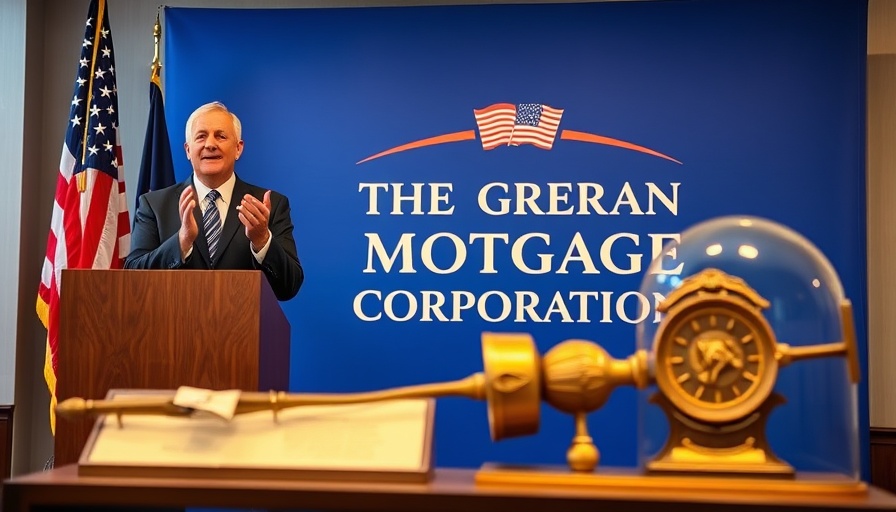
The Advantages of a Single Tenant Triple Net Lease
A single tenant triple net lease (NNN lease) can be a game changer for commercial real estate investments. This type of lease not only simplifies management for landlords but also aligns the interests of tenants and property owners. With the tenant responsible for all operating costs—including property taxes, insurance, and maintenance—it creates a mutually beneficial arrangement. Tenants often treat the property as if it were their own, leading to better care and potentially higher property values over time.
Understanding Financial Responsibilities in NNN Leases
In a typical NNN lease, the financial responsibilities are clearly delineated. The base rent tends to be lower compared to gross leases, but tenants take on additional costs for property upkeep. This includes tax payments and insurance premiums, which can help landlords safeguard their investments while providing tenants with a chance to manage costs more effectively.
Long-term Stability with Single Tenant NNN Leases
One of the striking features of single tenant NNN leases is their long-term nature, often spanning 10 to 25 years. For investors, this means a steady income stream with predictable returns, allowing them to focus on other ventures or create long-term financial plans. The creditworthiness of the tenant plays a crucial role in determining the lease terms, which can further enhance stability.
Comparing NNN Leases to Other Lease Structures
When weighing leasing options, understanding the nuances between NNN and other lease types is critical. Unlike single net leases, which only require tenants to cover property taxes, NNN leases have tenants covering insurance and maintenance as well. This shift not only alleviates financial burdens on landlords but also leads to more engaged tenants, who now have a vested interest in the property's upkeep.
Conclusion: Exploring NNN Leases
Whether you are a property investor or a tenant, understanding the implications of a single tenant triple net lease can enhance your decision-making in real estate. This lease structure offers a host of benefits—including lower base rents, clearer allocations of responsibilities, and long-term income stability—that can make it an attractive option for both parties involved.
 Add Row
Add Row  Add
Add 




Write A Comment